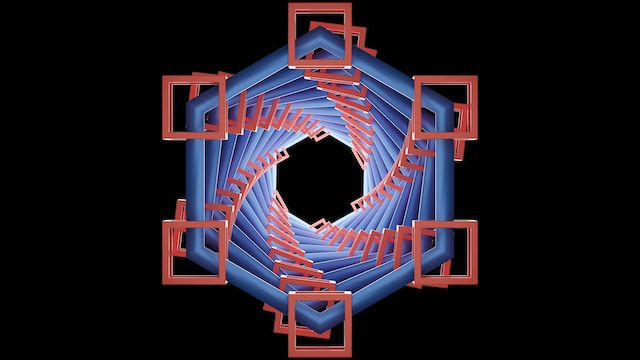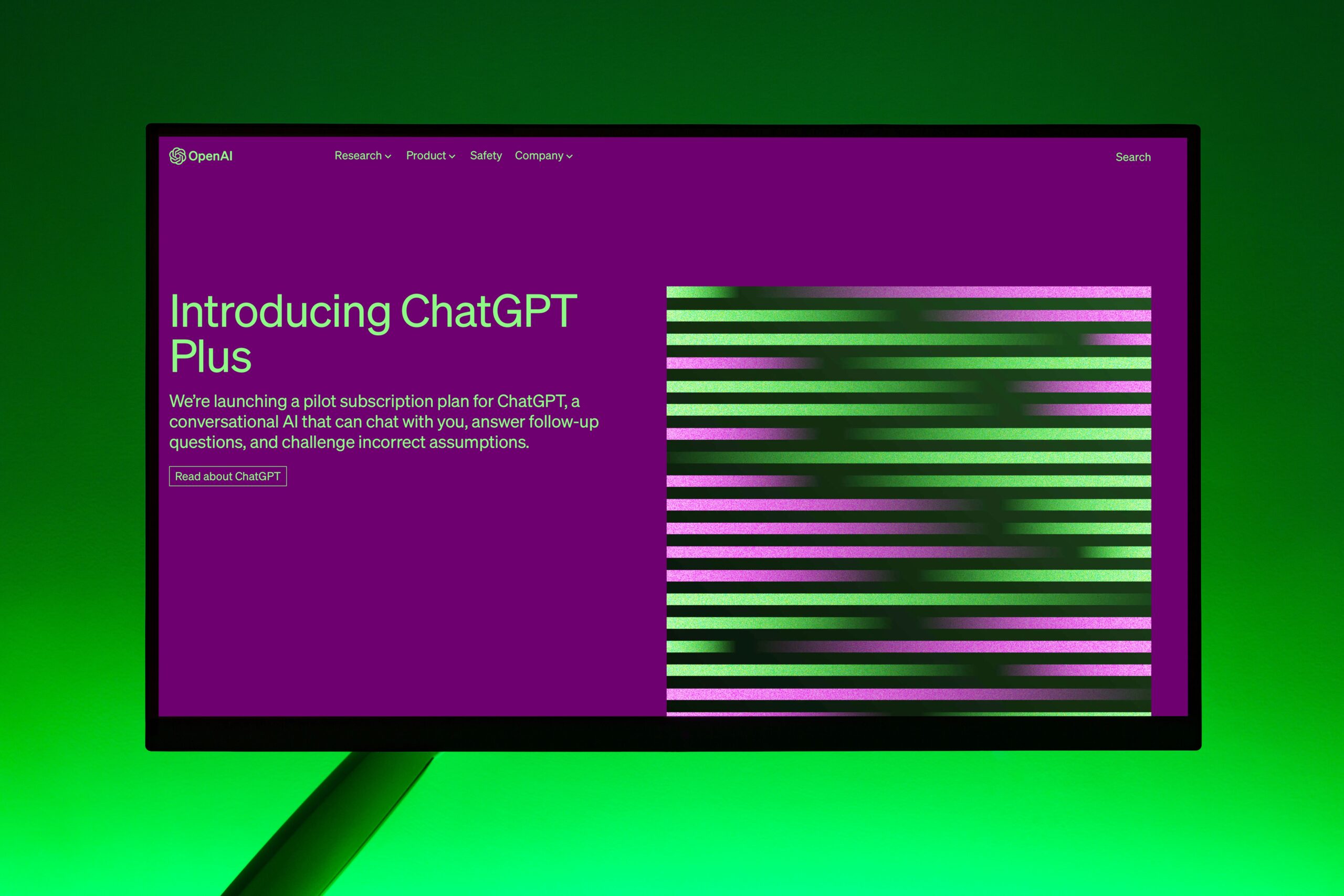Zero-Knowledge Proofs: Revolutionizing Data Privacy in Blockchain

In the digital age, data privacy is a major concern. With the rise of blockchain technology, ensuring that private information remains secure is more important than ever. A groundbreaking concept known as Zero-Knowledge Proofs (ZKPs) is changing the way we think about data privacy in blockchain.
What are Zero-Knowledge Proofs?
At its core, Zero-Knowledge Proofs are a cryptographic method that allows one party to prove to another that they know a value without revealing the actual value itself. Think of it as a way to confirm knowledge without sharing sensitive information.
Imagine you have a locked box and a key. You can show someone that you possess the key without opening the box. They can be certain you can open it without ever seeing the contents. This is the essence of Zero-Knowledge Proofs.
The Importance of Data Privacy
Data privacy is essential for many reasons. With so much personal information being shared online, protecting that data is crucial. Data breaches can lead to identity theft, financial loss, and reputational damage.
In blockchain, data privacy becomes even more complex. Blockchain technology is designed to be transparent and secure. However, this transparency can be a double-edged sword. While it ensures trust, it can also expose private information. This is where ZKPs come in.
How ZKPs Work in Blockchain
The application of Zero-Knowledge Proofs in blockchain is innovative. It allows users to interact with the blockchain without revealing their private information.
For instance, suppose Alice wants to prove to Bob that she has enough cryptocurrency to make a transaction. Instead of revealing her entire account balance, she can use a ZKP to confirm her assets without disclosing the exact amount.
This not only secures Alice’s privacy but also maintains the integrity of the blockchain. Other users can trust that Alice has enough funds, all while keeping her financial information secret.
The Process of a Zero-Knowledge Proof
The process of creating ZKPs involves three key participants: the prover, the verifier, and the statement.
- Prover: The one who knows the secret and wants to prove it.
- Verifier: The one who checks the proof but does not learn the secret itself.
- Statement: The information that the prover wants to prove exists.
The prover generates a proof using their secret. This proof can be sent to the verifier. The verifier can then check the proof’s validity without accessing the secret itself.
Types of Zero-Knowledge Proofs
There are two main types of Zero-Knowledge Proofs:
- Interactive ZKPs: In this method, the prover and verifier communicate back and forth. The prover sends information, and the verifier challenges them. This process continues until the verifier is satisfied.
- Non-Interactive ZKPs: This method does not require back-and-forth communication. Instead, the prover generates a single proof that the verifier can check independently. Non-interactive ZKPs are often more suitable for blockchain applications.
Benefits of ZKPs in Blockchain
Zero-Knowledge Proofs offer several advantages for blockchain technology:
- Enhanced Privacy: Users can prove their data or status without revealing sensitive information. This level of privacy is crucial in today’s world where data breaches are common.
- Security: By minimizing the amount of shared information, ZKPs can reduce the risk of hacking. If no sensitive data is shared, there’s less for hackers to steal.
- Trust without Disclosure: ZKPs create a situation where trust can be established without having to disclose private information. This can lead to more secure interactions in blockchain networks.
- Regulatory Compliance: Privacy-preserving transactions can help organizations comply with regulations like GDPR. Businesses can prove they follow the rules without exposing sensitive data.
- Scalability: ZKPs can help in reducing the data burden on the blockchain. This can lead to faster transactions and improved network efficiency.
Challenges and Limitations
Despite their advantages, ZKPs are not without challenges.
- Complexity: Implementing ZKPs can be technically complex. Developers need to have a strong understanding of cryptography.
- Performance: Zero-Knowledge Proofs can be computationally intensive. This can lead to slower transaction speeds, which is a critical factor for blockchain networks.
- Standardization: There is still a lack of uniform standards for ZKP implementations. This can lead to inconsistencies across different blockchain platforms.
The Future of ZKPs in Blockchain
The future looks promising for Zero-Knowledge Proofs in the blockchain space. Recent advancements in technology are making ZKPs more efficient and easier to implement. As more industries explore blockchain, the demand for privacy solutions like ZKPs will likely increase.
Many projects and protocols are currently exploring ZKPs. They aim to enhance privacy and security, making blockchain networks more robust against threats.
In conclusion, Zero-Knowledge Proofs are revolutionizing data privacy in blockchain technology. By allowing users to prove information without revealing it, ZKPs enhance security, trust, and compliance. While challenges remain, the benefits significantly outweigh them. As the technology matures, ZKPs may well become a standard feature in blockchain applications worldwide. Data privacy will no longer be an afterthought but a foundational element in the digital ecosystem.




